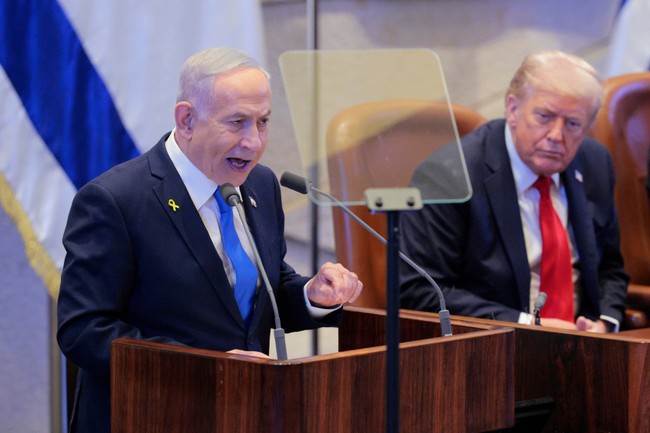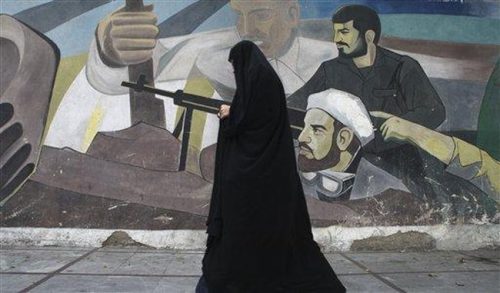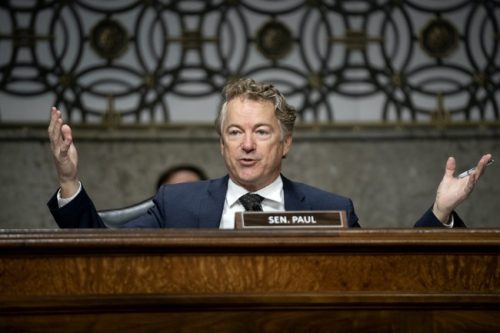Israel paused offensive operations and moved back into adherence with the Trump-brokered ceasefire after a short, sharp round of strikes that followed an attack on Israeli forces in Rafah. The Israeli Defense Forces said the limited action struck high-value targets and the government signaled that the truce would be enforced again while still holding Hamas accountable. Casualty tallies differ sharply between Israeli reports and Hamas-run authorities, and Washington was kept informed before the strikes unfolded. The episode highlights the fragile balance between containment and decisive response in a brutal, ongoing conflict.
Prime Minister Netanyahu had warned of “immediate” and “powerful” strikes after an assault on IDF soldiers, and Israel’s military framed the operation as a targeted reaction to violations of the ceasefire. Officials said the moves were surgical and meant to remove senior operatives responsible for new attacks rather than to reopen a broad campaign. That framing is consistent with a Republican view that supports firm deterrence: act quickly, hit those who plan violence, and then step back to preserve the peace deal.
The IDF put its statement on X and made clear the political leadership ordered the action as a response to Hamas’ behavior. “In accordance with the directive of the political echelon, and following a series of strikes, in which dozens of terror targets and terrorists were struck, the IDF has begun the renewed enforcement of the ceasefire in response to Hamas’ violations. As part of the strikes, the IDF and ISA struck 30 terrorists holding command positions within the terrorist organizations operating in Gaza. The IDF will continue to uphold the ceasefire agreement and will respond firmly to any violation of it.”
In accordance with the directive of the political echelon, and following a series of strikes, in which dozens of terror targets and terrorists were struck, the IDF has begun the renewed enforcement of the ceasefire in response to Hamas’ violations.
As part of the strikes, the…
— Israel Defense Forces (@IDF) October 29, 2025
Hamas-run Gaza Ministry of Health released figures saying those strikes resulted in more than 100 deaths and around 200 injuries, numbers the Israeli military disputes. The IDF, for its part, reported the operation eliminated a string of leadership targets, saying it killed 3 battalion commanders, 2 deputy battalion commanders, and 16 company commanders. Those distinctions matter to military planners and to politicians who insist Israel must remove the architects of violence without needlessly widening the war.
Israeli officials also noted that Hamas returned a body of a deceased hostage, a grim reminder of the human cost behind every round of tit-for-tat violence. That return was framed in Israeli reporting as part of the broader and tragic aftermath of the October 7 attacks that set this cycle in motion. Republicans generally frame such exchanges as proof that deterrence and pressure are needed to protect citizens and retrieve captives when possible.
Washington was notified ahead of time about the limited operation, according to Israeli sources, and ex-President Trump publicly weighed in on the matter. On Tuesday, he said, “Hamas is a very small part of peace in the Middle East, and they have to behave…But they said they would be good, and if they’re good, they’re going to be happy, and if they’re not good, they’re going to be terminated. Their lives will be terminated.” His comment underscores the blunt language often used by those who argue forceful posture delivers security.
The quick resumption of the ceasefire after the strikes suggests both sides see advantages in keeping a broader war contained, at least for now. Israel showed it retains the capacity to strike with precision when needed, while also accepting diplomatic pressure to step back when certain objectives are met. For a Republican audience, that approach reads as pragmatic strength: use power to shape outcomes, then rely on agreements to hold them in place.
Still, the situation is fragile and will likely remain so until the underlying threats are addressed in a way that removes the ability of terrorist groups to regroup and strike again. Military hits can disrupt networks and remove leaders, but lasting stability requires dismantling the command-and-control structures that enable sustained attacks. The United States and allies face the same strategic test: support partners robustly, make clear consequences exist, and avoid open-ended escalation that does not improve security.
Editor’s Note: The Schumer Shutdown is here. Rather than put the American people first, Chuck Schumer and the radical Democrats forced a government shutdown for healthcare for illegals. They own this. Help us continue to report the truth about the Schumer Shutdown. Use promo code POTUS47 to get 74% off your VIP membership.






